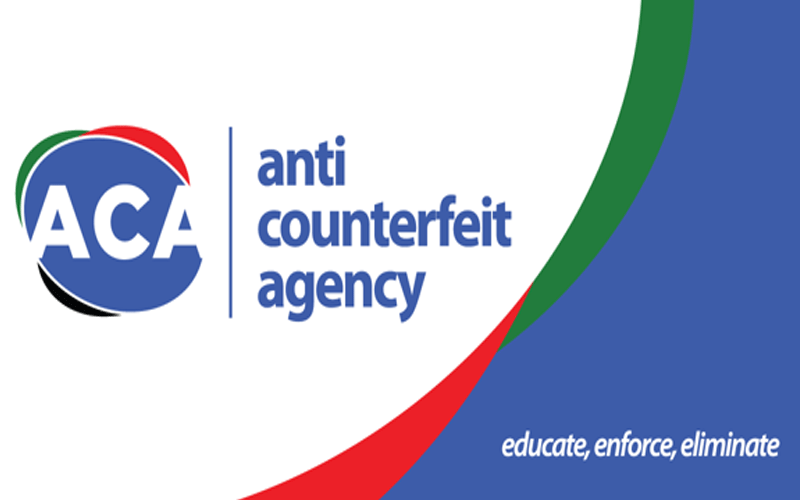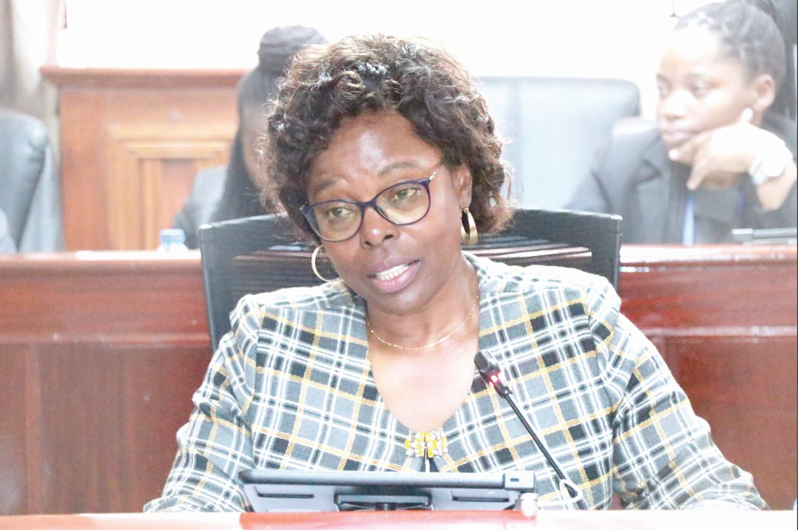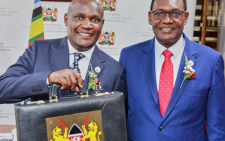Trade in fake goods boom as bogus stamps hit mart

Consumers are increasingly concerned over government’s inability to tackle a blossoming illicit trade which is denying the Exchequer billions of shillings
A recent survey by Stop Crime Kenya (StoCK) on Kenyan consumers, christened Robbed Blind, reveals massive concern among Kenyans as trade in illicit goods, driven mainly and particularly fake excise stamps pick up in the market.
The study indicates that using fake stamps on alcoholic beverages, non-alcoholic drinks including juices, water and cigarettes has become the norm, not only hurting legitimate traders also denying Kenya Revenue Authority (KRA) its share of revenues from tax collection.
The survey which sampled 200 respondents found that 100 per cent of those who took part in the study had at some point witnessed illicit goods on sale, while three out of four or 77 per cent were most concerned about smuggled or counterfeit goods flooding the Kenyan market and the danger they pose to their lives.
“Billions of shillings in vital tax revenue are being lost as criminals use forged excise stamps to sell illicit drinks and cigarettes to unsuspecting consumers,” it reads in part.
Data from the Anti-Counterfeit Authority (ACA) indicate that illicit trade in Kenya costs the exchequer Sh153 billion annually, which translates to Sh419 million daily in tax revenue.
Stephen Mutoro, the chairman of StoCK, a campaign against the criminals who make a fortune smuggling and selling illicit goods, believes that the crisis is compounded by a legal tussle between KRA and its contractor SICPA, which holds a multi-billion-shilling contract to run the controversial Excisable Goods Management System (EGMS) that uses the stamps.
Illicit economy
“The fake excise stamps and KRA’s dispute with SICPA can only fuel Kenya’s insidious illicit economy. Kenya simply can’t afford such losses, especially when we are having to borrow heavily to fill budget revenue gaps, combat the Covid-19 pandemic and build a better future for the citizens,” he said in a statement.
SICPA first hit the headlines in 2016 when the validity of a tax management systems contract that KRA awarded the Swiss firm raised eyebrows after a procurement oversight agency told Parliament that it was based on fraudulent documents.
The National Assembly’s Public Investments Committee (PIC) heard at the time that SICPA Solutions SA Ltd, had been awarded the contract three years before it was cleared to do business in Kenya – a decision that continues to haunt the taxman – and one that is now blamed for the continued mess in revenue leaks.
Kenya losses four times as much on illicit trade with more than Sh400 million in tax revenue estimated to be lost daily through the sale of counterfeit or smuggled goods.
Under that agreement, the exchequer is being accused of single sourcing the Sh17.7 billion e-tax job to SICPA, which has been accused of corrupting tax agencies in other markets like Brazil, Albania, Morocco and the Philippines.
A clause in the tender documents, for instance, requires firms manufacturing excisable goods to pay SICPA Sh1.50 for every stamp attached to each item – earning it billions of shillings every year.
According to Mutoro, the disturbing results of the survey shows that the trade in counterfeit or smuggled goods has become all too familiar in Kenya, although the man on the street has no idea of its true, devastating cost.
“Consumers are calling for greater leadership in tackling this menace and say they are willing to join the fight against the criminals stealing our future,” he said.












